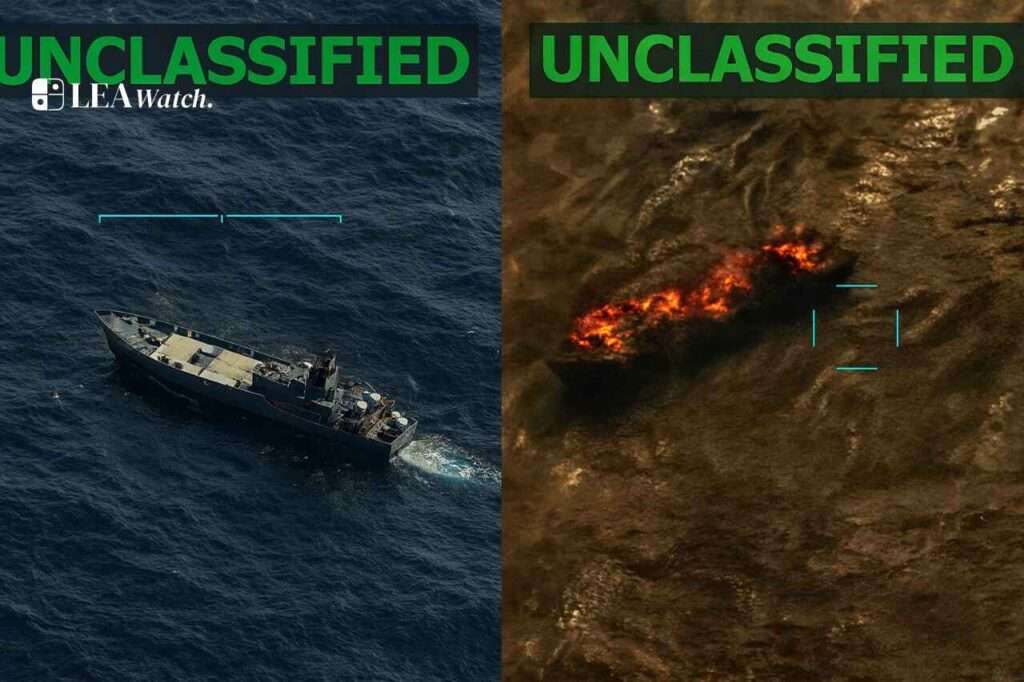The United States’ recent naval strike on a Venezuelan vessel in the Caribbean has reignited debates about the boundaries of international law and the expanding scope of counter-narcotics operations. President Donald Trump confirmed that the attack, which killed three persons on 15 September, targeted a boat allegedly linked to drug trafficking networks. Only two weeks earlier, a similar strike left 11 dead, with Washington insisting the vessels belonged to the Venezuelan gang Tren de Aragua.
The US administration has framed these actions as necessary to stem the flow of narcotics into American markets, invoking the rhetoric of “narcoterrorism.” Yet, questions remain unanswered: no independent verification has established that the targeted boats carried illicit cargo at the time, nor whether the individuals killed constituted combatants under the laws of war. Venezuela has denounced the strikes as violations of sovereignty and maritime norms, accusing Washington of disguising interventionist policy as counter-crime enforcement.
Legal experts are equally divided. Supporters cite the U.S. right to protect itself against imminent threats, while opponents argue that maritime law and international norms demand due process and multilateral sanction before lethal force is applied. Beyond the legal debate, the strikes highlight a deeper strategic dilemma: Washington’s recourse to military solutions risks entrenching confrontation with Caracas while eroding confidence in the very rules-based order it claims to defend.

